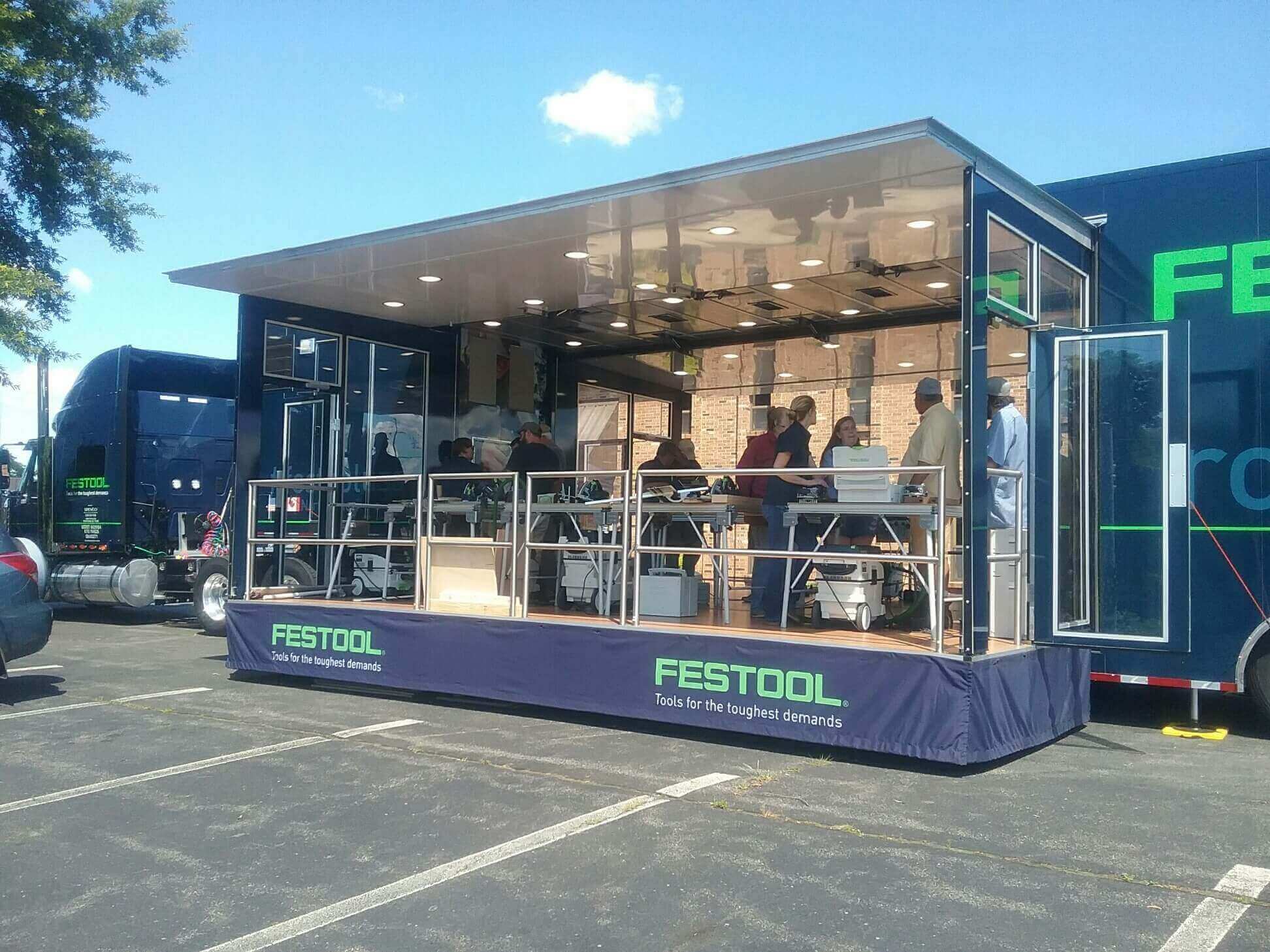In a disaster such as a flood, hurricane, wildfire or tornado, a lack of readily available financial services in the affected area adds an unwelcome addition to the many humanitarian needs.
Clients can find themselves in the midst of working out mortgages on homes they no longer can live in. Providers face lost revenues from fees waived, or retail location closures. Real estate closings and refinancing transactions are cancelled. Substantial insurance claims can go around the bank instead of securely through the bank. Call center outages leave large numbers of local staff unemployed and unavailable to help customers for extended periods.
There are many questions specific to the Financial Services Industry a provider might ask an insurance provider:
- Can the provider insurance for fraud, processing errors, system disruptions, or other unforeseen events?
- Can the institution’s e-banking, einsurance, or e-trading infrastructures be insured for loss due to disruption or malicious actions?
- Is there available coverage for theft from retail payment systems during the service interruption, including any support for clearing and settlement systems?
- Can interdependence with payment system operators and third parties be insured in the event a disaster causes settlement disruptions in the value chain that may cause unforeseen losses?
- Is coverage or arbitrage available for liability due to disruptions to transactions (loan closings, issuance of policies, delays in executing market trades, etc.) due to system failures in the event of unforeseen hazards?
- Will the coverage pay for an interim business continuity solution such as a mobile retail branch or mobile data center?
During a disaster, attempting to operate with the full range of services and systems, from the initiation of a retail payment transaction to its settlement, financial institutions are exposed to certain risks.
- For individual retail payment transactions, risks resulting from compliance issues and potential operational failures including fraud are always present.
- Operational failures can increase costs, reduce earnings opportunities, and impair an institution's ability to reflect its financial condition accurately.
- Participation in retail payment systems may expose financial institutions to credit, liquidity, and operational risk, particularly during settlement activities.
- In addition, a financial institution's credit, liquidity, and operational risks may be interdependent with payment system operators and third parties
- Non-responsiveness to the customer base may impact Brand strength in the broader MSA
A few considerations
Take measures to ensure communications with staff. A corporate website, updated with status of area operations can handle this.
Publish contact information for local Vendors so unfamiliar or backup staff can operate freely
Invest in Vendor relationships, and consider examining whether vendors that provide critical services such as clearance and settlement, banking and finance, trading support, fuel, telecommunications, electricity and other utilities also have adequate contracts, purchase orders, and financing in place. Consider categorizing vendors (low-risk, high-risk, etc.) and evaluate the risk in your contingency plans.
Develop plans with local law enforcement and emergency management to maintain security during a prolonged absence, minimizing vandalism and/or theft. Invest in remote-access security and surveillance equipment.
Develop contact lists of construction contractors, roofers, plumbers, landlords, building management etc. who can reliably respond to physical damage.
Keep status of business updated on social media and the business’ website; inform local media that your business survived the event. Reach out to current customers via email blasts and courtesy calls (if possible). If the location is no longer accessible, search for a temporary location nearby and publicize that address, or utilized mobile retail locations.
For the Wells Fargo Home Mortgage division, who doesn't like to take chances, a mobile response unit was appropriate. Partnering with Specialty Vehicles Company, they built a Mobile Mortgage Response Unit that can be taken on the road when tragedy hits homeowners. The Unit is under a 4-hour deployment contract with SPEVCO, rolling anywhere in the lower CONUS within 4 hours of the initial phone call, set up and securely operated for the duration of the activity. SPEVCO provides maintenance and storage between deployments, as well as cleaning, sanitizing, and refreshing the vehicles with upgrades.
Equipped with four slide-outs that serve as meeting spaces on the box truck, the Unit is ready to help Wells Fargo customers get back on their feet, even when valuable documents have been lost destroyed. The truck tows a 24' trailer that houses restrooms, a large awning protect staff and clients from the elements while waiting, and is capable of serving hot meals to those experiencing loss.
Read about the unit's latest deployment to help in Louisiana.
For additional information, email us with specific questions or subscribe to our newsletter for ongoing coverage of our operations.





